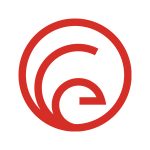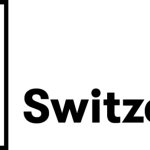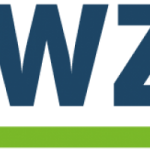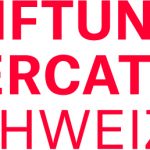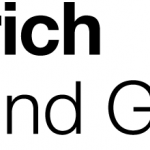Catalyzer program for resource-light business models
From baby-clothes to software: A new support program by Impact Hub, WWF Switzerland and ‘reverse’ brings six startups of the resource-light circular economy closer to the market.
The Catalyzer program for resource-light business models
On the Switzerland Overshoot Day 2019, WWF Switzerland, the Swiss Impact Hub’s initiative “Circular Economy Transition” and the creative design agency reverse launched the «Catalyzer program for resource-light business models», a new pilot program for start-ups and organizations seeking to scale or make their circular products market-ready.
Together, the three partners will test the scaling possibilities of resource-light start-ups which bring together two forward-looking, synergistic approaches of sustainable thinking: Circular Economy and Sufficiency. Through sufficiency, efficiency and the circularity of material loops, these initiatives are aiming to provide their service to minimize depletion of our precious resources and reduce CO2 emissions.
For the participating companies, this program will provide tailored support to strengthen their businesses through coaching, expert advice and increased visibility to potential users.
Partners & sponsors
The program is facilitated by Circular Economy Transition, in a partnership with WWF Switzerland and the creative design agency reverse. It is funded by foundation Stiftung Mercator Schweiz and WWF Switzerland. It is also supported by the energy company EWZ, and Zurich’s Environment and Health Department (UGZ) which is committed to the health and quality of life of the population.
What are resource-light business models and why are they interesting?
Resource-light business models provide products and services that promote resource-light and responsible consumer behavior. They strive to moderate overall resource consumption to levels which respect our planetary boundaries. What they offer corresponds with circular activities with the shortest loops (avoid, reconsider/refuse, reduce, re-sell/reuse and repair) and thus, have the highest possible retention value. Such initiatives and businesses have been identified by EWZ and the city of Zurich, as having a great potential to achieve the 2000-Watt Society Goal. Resource-light businesses apply one or more of the following activities, without being limited to them:
- Maximise material and energy efficiency (i.e. via durable design and reparability)
- Substitute with renewables and natural process
- Create value from “waste”
- Facilitate resource-light consumption (i.e. sufficiency)
- Avoid planned obsolescence
- Deliver functionality, rather than ownership
- Develop scalable solutions
- Re-purpose the business for society and the environment
What exactly is the program about?
- It’s a 6-month support programme for resource-light organisations and businesses to reach a larger audience, strengthen their operations and test ways to scale their positive impact on the environment.
- 6 selected start-ups/organizations with a paying service in the region of Zurich will participate in the first edition.
- The organising partners test and evaluate the potential of such support programs and investigate how established companies can integrate circular and sufficiency strategies into their business models.
What does the program look like?
- Kick-off workshop in collaboration with Technical University of Delft
- 10 evening modules on subjects and areas identified by the participants
- Innovation and iteration process as well as self-assessment learnings and progress updates
- Midway check-in
- Peer-to-peer support and exchanges
- Final presentations and opportunity to pitch for a prize to realize their business model
Participants
The following six projects have been selected to partake in the first edition:
- Miniloop – offers a rental service for baby clothes.
- Revamp it – offers a repair service for electronics and open-source software.
- Grassrooted – commits itself to stopping food waste and operates a non-standard vegetables distribution service.
- Sharely – offers rental services of everyday life products in the B2C sector
- Offcut – fosters the creative reuse of materials of daily use.
- Einmachbibliothek – offers tools and methods to preserve fruits and vegetables.
Vision
Should the programme be successful, the vision would be to replicate this programme in the rest of Switzerland through the additional WWF offices and Impact Hubs. Once a replicable programme has been established and sufficiently tested, we would apply for a European grant to replicate trainings like this across Europe and beyond.


